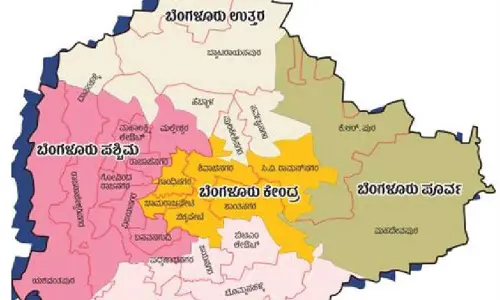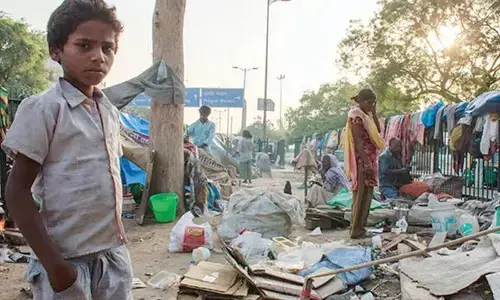French summer festivals face threat

Performers, technicians and other casual workers in the French arts world are threatening to step up strikes to
 Performers, technicians and other casual workers in the French arts world are threatening to step up strikes to thwart the country's top summer festivals in protest at cuts to their unemployment insurance arrangements.
Performers, technicians and other casual workers in the French arts world are threatening to step up strikes to thwart the country's top summer festivals in protest at cuts to their unemployment insurance arrangements.
The threat came as President Francois Hollande's government faced other unrest, with train unions due on Tuesday to launch a 24-hour strike to protest a reorganization of the rail system. Taxi drivers will on Wednesday join a one-day demonstration in major European capitals over competition from chauffeured cabs.
France's summer festivals draw hundreds of thousands of visitors and include renowned events such as the Avignon Theatre Festival and Aix-en-Provence's opera festival - both of which were canceled in 2003 during an earlier bout of strike action.
Hollande wants to narrow the multi-billion-euro deficit in France's Unedic unemployment fund as part of wider moves to get France's public finances back into shape as agreed with European Union partners.
But festival workers - known as "intermittents" - have long refused any change to arrangements they argue are vital to supporting French culture, and say reforms agreed in March will make it impossible for many of them to eke out a living.
Earlier this month they launched strikes in the southern city of Montpellier that have already caused cancellations of events in its "Springtime of Actors" Festival, and the CGT union is calling for a nationwide strike on June 16.
"Montpellier on strike today, all of us on strike tomorrow," read a banner outside Paris Opera Bastille this weekend, where protesters delayed the start of the Verdi opera "La Traviata."
Prime Minister Manuel Valls nominated a mediator to try to defuse the crisis. The mediator's proposals will be submitted to the labor and culture ministries in two weeks.
France's some 100,000 casual festival workers have a special status under law. Although they only represent 3.5 percent of job-seekers, their unemployment compensation is two times higher than the average and in itself creates a deficit which amounts to a quarter of Unedic's annual shortfall of four billion euros.
While workers say the nature of festival schedules means they undergo long periods of unemployment for which they should be compensated, France's main employers' group, Medef, considers their benefits to be akin to a government subsidy.
Under the reform worked out by Medef and some unions in March, festival-workers will see their unemployment contributions rise and many will have to wait longer after the end of each temporary job before they can receive benefits.
Theatre actor-director Jacques Allaire told Liberation daily that France's cultural identity was at stake.
"It's not only about a fight for rights but for a model of society," said Allaire. "And what about this betrayal from a government of the left?"
UNEDIC is financed directly by contributions from workers and employers, with any shortfall made up by borrowing. Because the state guarantees UNEDIC's bonds, its debt counts towards total government debt but not the annual public deficit figure.
Stubbornly high unemployment of over 10 percent has strained Unedic's finances and meant its total accumulated debt is set to rise to 24.9 billion euros next year.
Hollande - the least popular French leader in the 56-year-old Fifth Republic - is trying to find 50 billion euros in budget savings over the next three years in order to meet EU-mandated deficit-reduction goals, but faces pressure from voters and left-wing lawmakers to ease up on austerity measures.
($1 = 0.7345 Euros)
Next Story

















